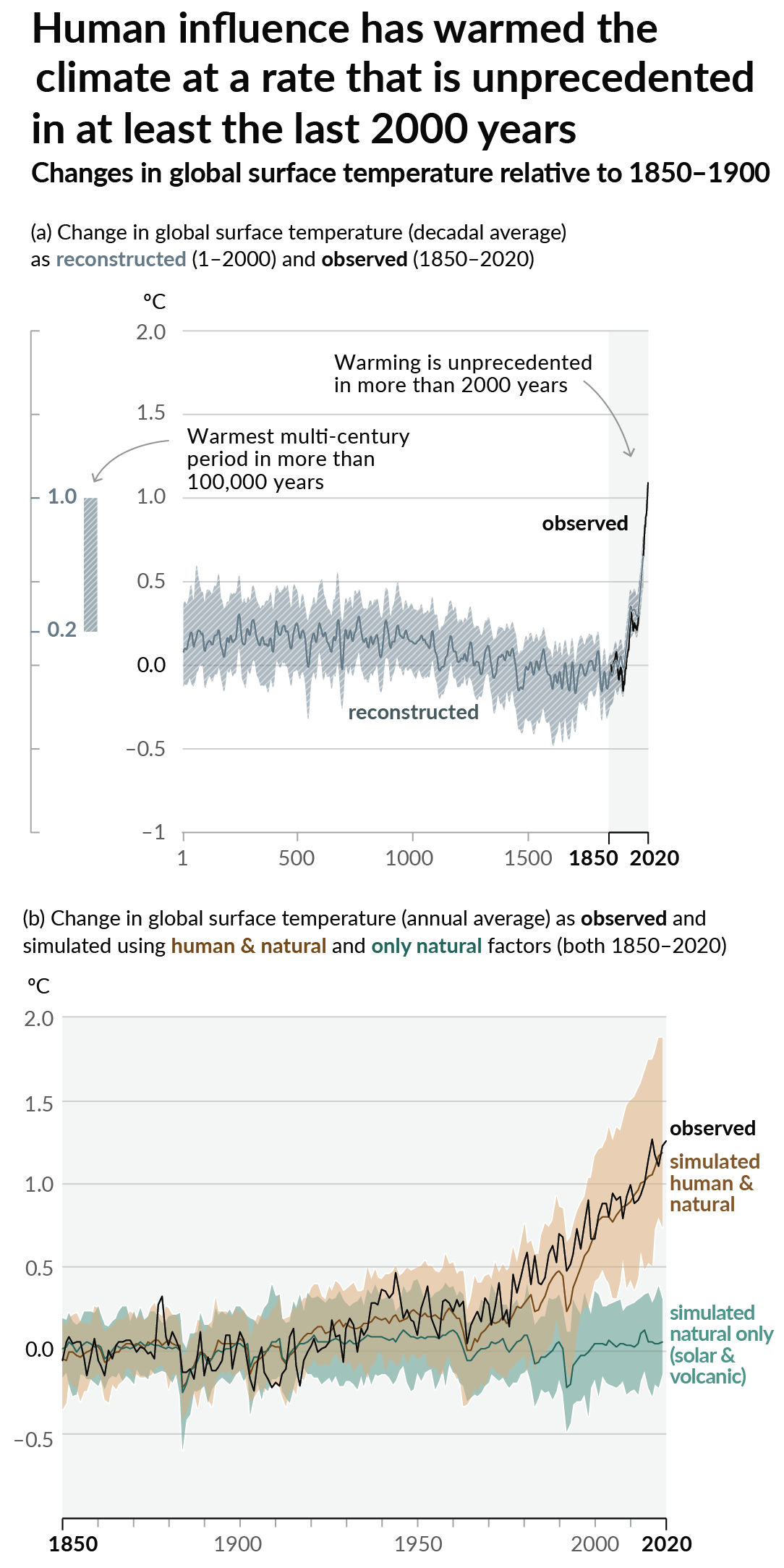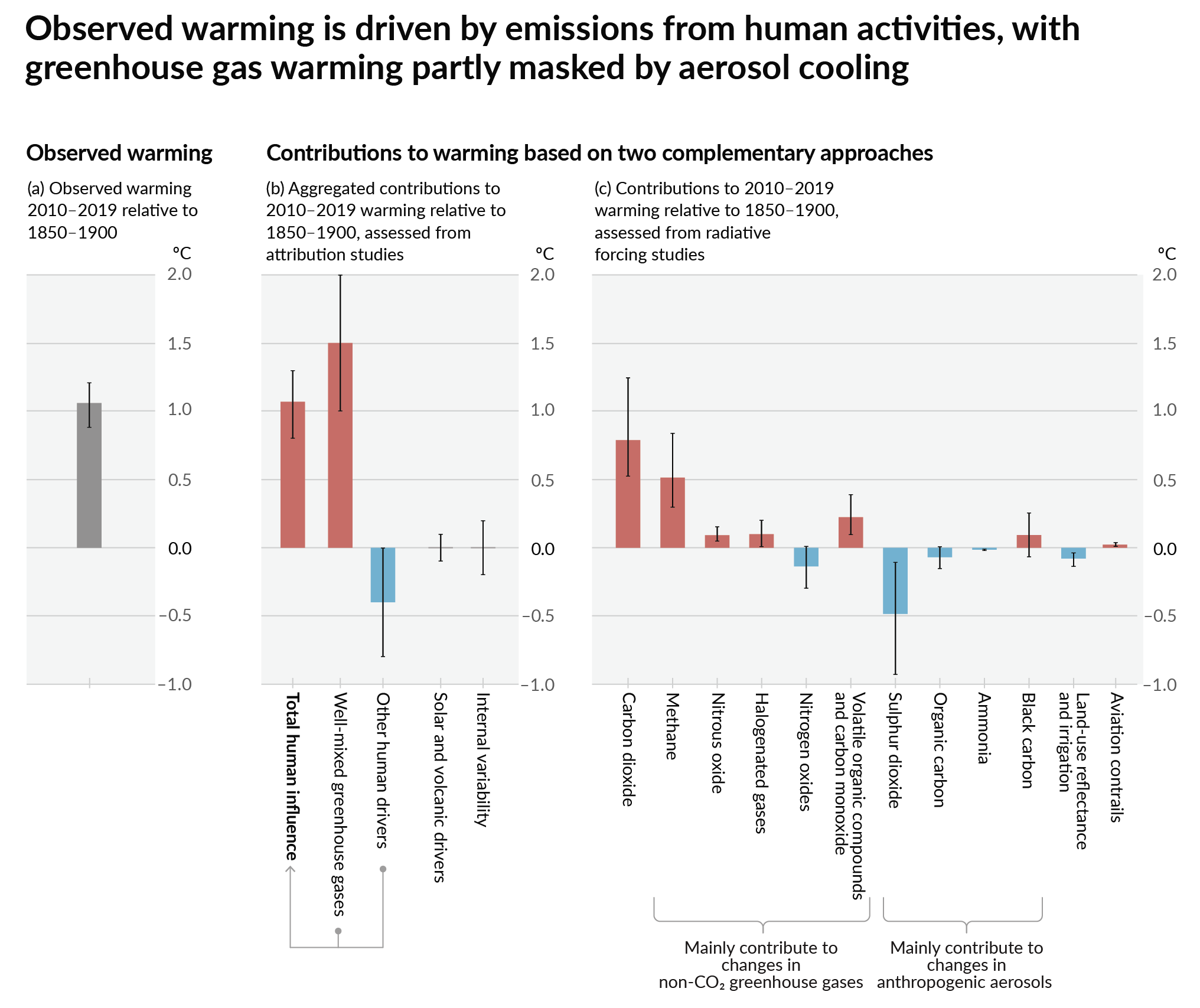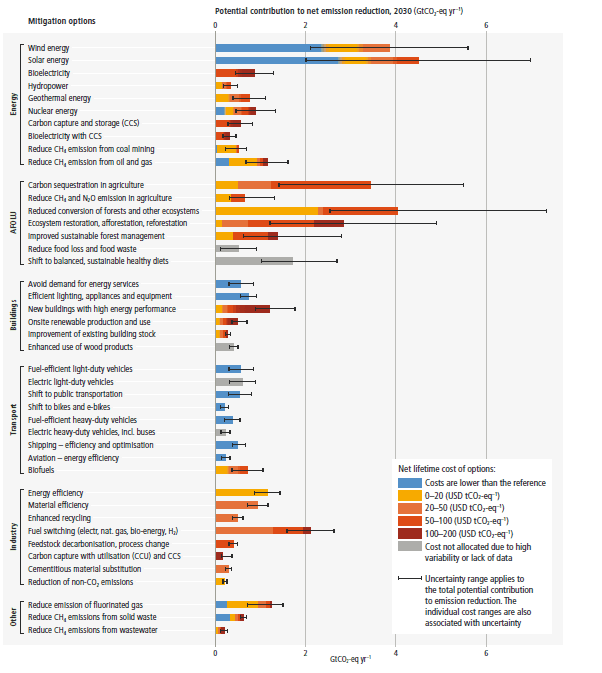As far as I know, mandatory use of biofuels is primarily a subsidy for farmers rather than a means of reducing emissions. I'm surprised to see an urban area focus on it.
In his decision, Engstrom said the feedstock restrictions are “core to the original policy intent” and must be preserved because they ensure the policy delivers on promised carbon reductions. Feedstocks made from virgin agricultural products and food crops – such as soybean, canola and palm oils – have been linked to much higher carbon emissions, displacing food production and causing deforestation and are not allowed under Portland’s policy.
It sounds like Portland is making an effort to avoid the farm-subsidy sort of biofuels, but then what is it actually demanding that biofuels be made from?


